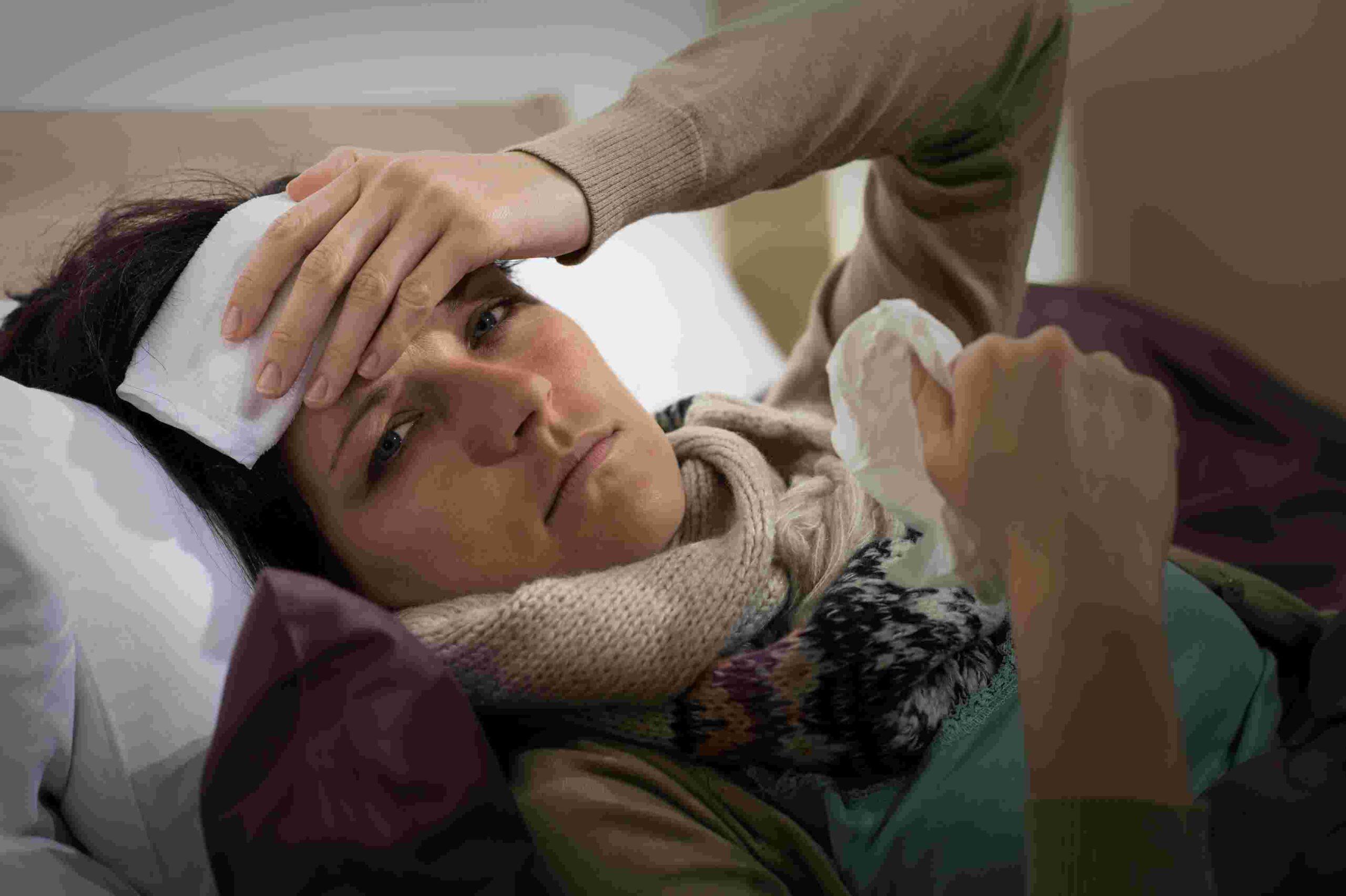In this article we will talk about Dengue Fever, Causes, Symptoms, Prevention and Treatment.
What is Dengue Fever?
Dengue fever is a viral illness that’s transfused by the bite of a mosquito. The ailment is caused by any one of four nearly affiliated dengue viruses, which are a part of the flavivirus family. Dengue is a tropical ailment, and it’s most generally seen in urban and semi-urban areas in countries located in the tropics and subtropics. The countries with the most number of dengue fever cases are Indonesia, Philippines, Thailand, Vietnam, Malaysia and Singapore.

What Causes Dengue Fever?
Dengue fever is spread by the Aedes mosquito, which is most active during the day and prefers to bite humans. The mosquito becomes infected when it feeds on the blood of a person who’s formerly infected with the virus. The virus also multiplies in the mosquito’s body and is passed on to other people when the mosquito bites again.
Symptoms of Dengue Fever
Symptoms of dengue fever generally begin four to seven days after the bite of an infected mosquito. The most common symptoms include high fever, severe headache, joint and muscle pain, and rash. Other symptoms may include nausea, puking, and abdominal pain. In some cases, the ailment can progress to a more severe form called dengue hemorrhagic fever, which is characterized by bleeding, low strata of platelets, and impaired clotting.
Dengue Fever Rash
One of the most common symptoms of dengue fever is a rash, which typically appears 3 to 5 days after the onset of fever. The rash may be fine and flat, or it may be raised and bumpy. It is often accompanied by other symptoms such as fever, muscle and joint pain, headache, and nausea.
The rash usually starts on the chest, back, and face, and then spreads to the rest of the body. It may be accompanied by a reddening of the skin, and it may be itchy or painful. The rash typically lasts for a few days and then disappears.
How To Prevent Dengue Fever
To prevent the spread of dengue fever, it’s important to control the mosquito population by eliminating breeding spots. This can be done by removing standing water from around the home, using mosquito mesh and insect repellents, and wearing long sleeves and pants when outside. It’s also important to ensure good hygiene, like as washing hands constantly and covering cuts and scratches to stave off infection.
Treatment for Dengue Fever
There’s no specific treatment for dengue fever, and the ailment is generally self- limiting, meaning it’ll resolve on its own without treatment. nonetheless, severe cases of dengue fever may require hospitalization, as the ailment can lead to complications similar as dehydration and low blood pressure.
Conclusion
In conclusion, dengue fever is a viral illness that’s transmitted by the bite of an infected mosquito. It’s characterized by high fever, severe headache, joint and muscle pain, and rash. While there’s no specific treatment for dengue fever, it’s generally self- limiting and can be avoided by controlling the mosquito population and ensuring good hygiene.
Click to know 5 Practical Tips for Managing the Respiratory Syncytial Virus

